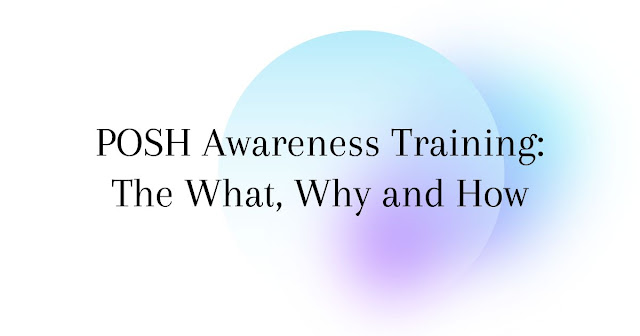Sethunath Singh v. Ministry of Home Affairs: Ensuring Equal Protection Under the POSH Act.
In a progressive step towards ensuring a safe and secure work environment for all employees, the Delhi High Court delivered a landmark judgment in the case of Sethunath Singh v. Ministry of Home Affairs (2018). This ruling reinforced the principle that the Prevention of Sexual Harassment (POSH) Act extends its protection to all employees, irrespective of their employment status, be it permanent, temporary, or ad-hoc.
The Genesis of the Case
The case arose from a petition filed by Sethunath Singh, a former ad-hoc employee of the Ministry of Home Affairs (MHA). Singh alleged that he had been subjected to sexual harassment by a superior officer during his tenure. However, when he approached the Internal Complaints Committee (ICC) constituted by the MHA, his complaint was dismissed on the grounds that he was not a permanent employee and, therefore, not covered under the purview of the POSH Act.
The Pivotal Ruling
The Delhi High Court took cognizance of the matter and delivered a landmark judgment that expanded the scope of the POSH Act's applicability. The court unequivocally held that the provisions of the Act apply to all employees, irrespective of their employment status, whether permanent, temporary, or ad-hoc.
Key Observations and Implications:
Inclusive Interpretation: The court emphasized that the POSH Act must be interpreted in a manner that ensures its broader applicability and promotes the overarching objective of providing a safe and secure work environment for all employees, without discrimination.
Equal Protection: The judgment reinforced the principle of equal protection under the law, stating that temporary or ad-hoc employees are entitled to the same safeguards and protections against sexual harassment as their permanent counterparts.
Employer Responsibility: The court underscored that employers have a legal and moral obligation to ensure a safe and secure work environment for all employees, regardless of their employment status. This includes implementing effective mechanisms for addressing sexual harassment complaints and ensuring impartial investigations.
Deterring Discrimination: The ruling aimed to deter employers from discriminating against temporary or ad-hoc employees in matters related to sexual harassment complaints, thereby promoting a more equitable and inclusive work culture.
The Broader Impact
The Sethunath Singh v. Ministry of Home Affairs judgment has far-reaching implications for the effective implementation of the POSH Act across various sectors and organizations. It sends a strong message that employers cannot discriminate against employees based on their employment status when it comes to addressing and preventing sexual harassment in the workplace.
By extending the protection of the POSH Act to temporary and ad-hoc employees, the Delhi High Court has reinforced the principles of equality, non-discrimination, and the right to a safe and dignified work environment for all individuals, regardless of their employment status or contractual arrangement.
This judgment serves as a reminder that the fight against sexual harassment in the workplace is a collective responsibility, and no employee should be denied the right to seek redress or be subjected to a discriminatory work environment. It underscores the need for employers to foster an inclusive and equitable work culture, where all employees feel valued, respected, and protected.
As India continues to strive towards creating safe and inclusive workplaces, this landmark ruling sets a precedent for ensuring that the principles enshrined in the POSH Act are upheld and implemented without bias or discrimination, promoting a work environment where every individual can thrive and contribute to the nation's progress.

Comments
Post a Comment